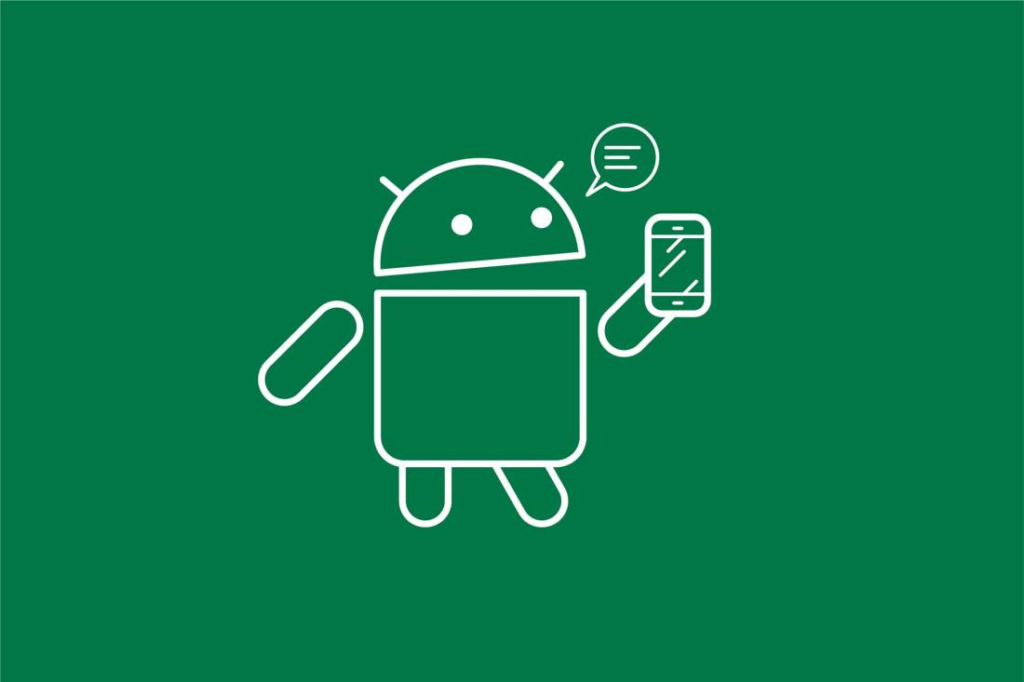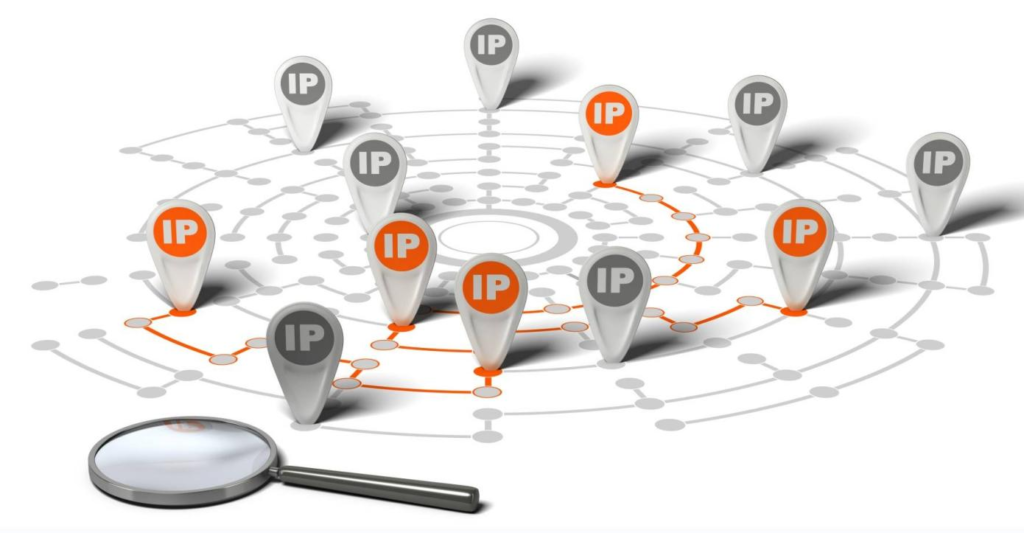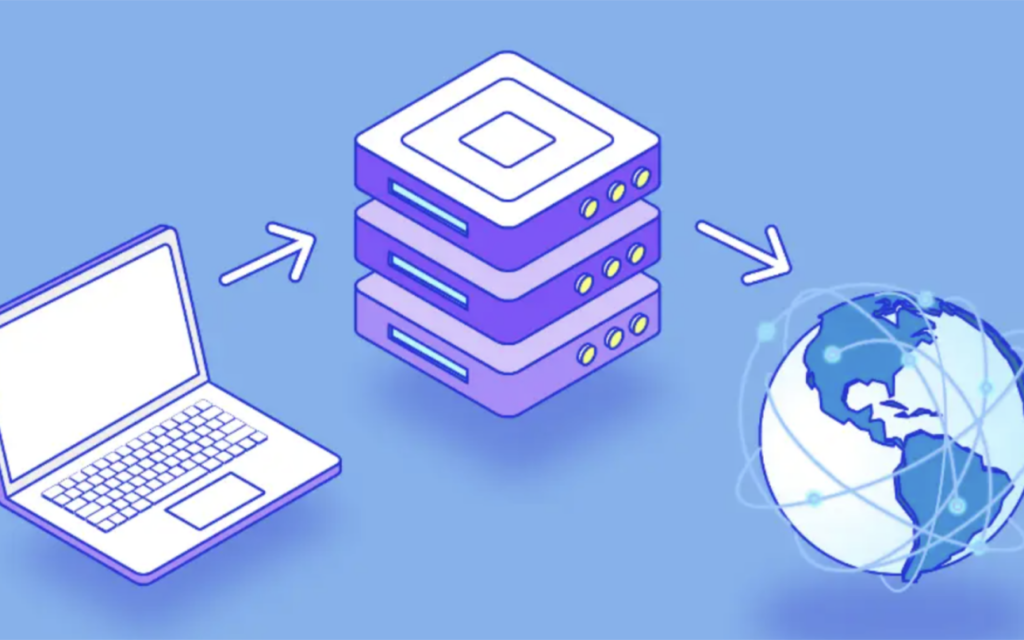Proxy servers are a common networking technology used in modern times to help people protect privacy or improve network performance. Many people will wonder: Can I use a proxy on Android? In this article, we will explore the feasibility and legality of using proxies on Android.

What is a proxy server?
A proxy server is an intermediary between your device and the target website. When you use a proxy server, your information will not be shown directly to the target website, the proxy will hide your identity information. Your request will be sent to the target website through the proxy server, and then the proxy server will return the acquired data back to you.
Can I use a proxy on Android?
Of course, proxy servers can be configured not only on computer devices but also on Android devices. After using a proxy on Android, your device’s IP address will be switched to a proxy IP address. When you use apps or browsers on Android, your traffic goes through the proxy server, which protects your privacy and security.

Is it legal to use proxy on Android?
The use of proxy on Android devices is generally legal as long as the proxy is used for a legitimate purpose. Some common legitimate purposes for using proxy include increasing Internet speed, protecting online privacy, and accessing websites or online services that are blocked in certain countries.
However, it is important to note that the use of proxy may be limited by the terms of service of certain websites or online services. You should follow the rules of different countries when using proxy on Android and use proxies correctly for internet operations.
Is it possible to use free proxies on Android?
Using free proxies on Android is not safe. While you can get free proxies over the Internet, using free proxies on your Android phone is prone to security or privacy risks. One potential risk of using free Android proxies is that the proxy server may not be properly protected, which could leave your Android device open to attack and lead to the disclosure of personal information.
Another risk of using free proxies on Android is that the provider may collect your data (such as your IP address and browsing history) and sell it to third parties. This can compromise your privacy and may leave you bombarded with spam such as adverts.

Anyway, you can use proxies on Android, it’s legal. It is recommended to use paid proxies on Android, which are more secure. This is because the proxy service provider will protect the customer’s information, and paid proxies have features such as encryption protocols, which provide more security for customers. However, you must consider various factors, including the purpose of use, type of proxy, price and so on, to choose the most suitable proxy provider.
Nowadays, the application of IP proxy is more and more extensive, and most people are likely to use some IP proxy services on the market because of their own needs. Some users use a free proxy IP when they first encounter a proxy service to consider the cost. However, although the free proxies are very easy to obtain, they will be accompanied by risks in the process of use, and many users also reflect that the availability of free proxy IP is not high. Therefore what are the free proxies? What are the disadvantages?

What are free proxies?
Free proxies are a kind of free access to and use a proxy server, they can help you allocate some IP addresses. These proxy servers are usually provided by individuals or organizations. The advantage of free proxies is that they can save costs, but their stability and reliability can be affected.
Free proxies Disadvantages
1. Small number of IP resources
The demand of enterprise users for effective proxy IP is very large, the number of free proxy IP resources is small, the efficiency of IP is low, and the number of one extraction is large, but most of them are repeated and ineffective, far from meeting the needs of enterprise users.
2. Instability
Free proxies often do not have sufficient resources to maintain and upgrade, so they are prone to failure or network latency issues. The free proxies are unstable, and the user can easily encounter failure or short effective time during the IP switching process, which will cause inconvenience to the user’s work.
3. Poor security
Because free proxies are usually not effectively protected, users face various security threats when using them, such as malware, spyware, hacker attacks, etc. Once it is used by network hackers, the browsing history, account password, and other user information generated by your free proxy IP may be leaked.
4. The connection speed is slow
Because the quality and speed of free proxies cannot be guaranteed, a large number of errors and invalid links may occur. The server shuts down or fails at any time, resulting in unstable network connections. Therefore, users often experience slower network access speeds when using free proxies.

Precautions for using free proxies
There are many different proxy IP providers in the market, to meet the needs of users, some providers will provide free proxy trials. However, there are a few things to be aware of when using free proxies.
1, pay attention to network security
Free proxies are vulnerable to attacks and are extremely insecure. Therefore, when conducting business involving transactions and private information, it is best not to use free proxies to prevent their sensitive information from leaking.
2, choose formal channels
When using free IP proxies, select a regular IP proxy provider. If you want a better IP proxy experience, you can choose paid proxy, which can provide users with better IP proxy technical support.

In short, although free proxies are free to use, compared with paid proxy IP, there is a large gap in data security, rate stability, reliability, and so on. To ensure the flexibility and security of the service, it is recommended to choose a paid IP proxy.